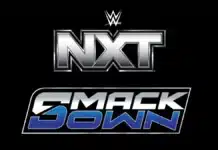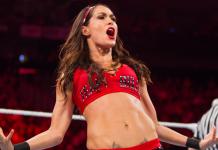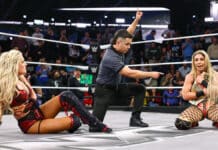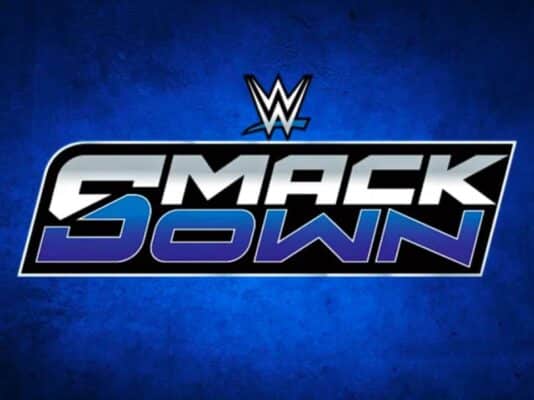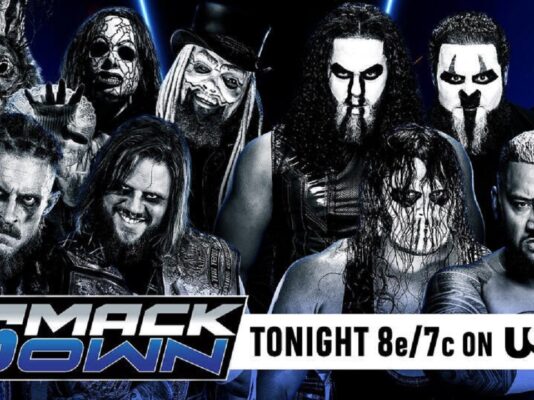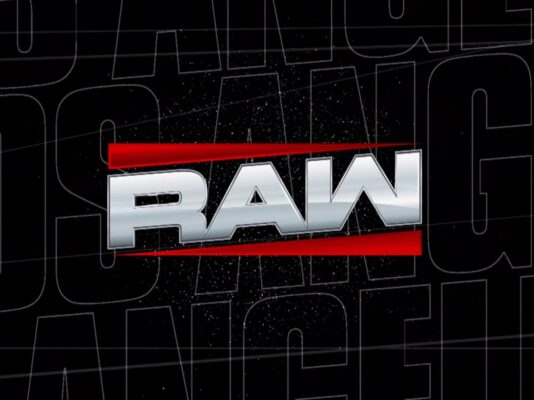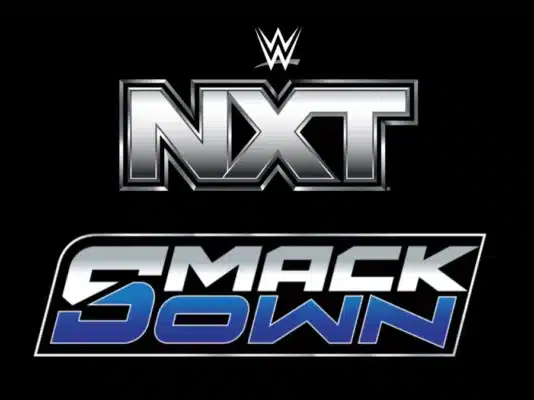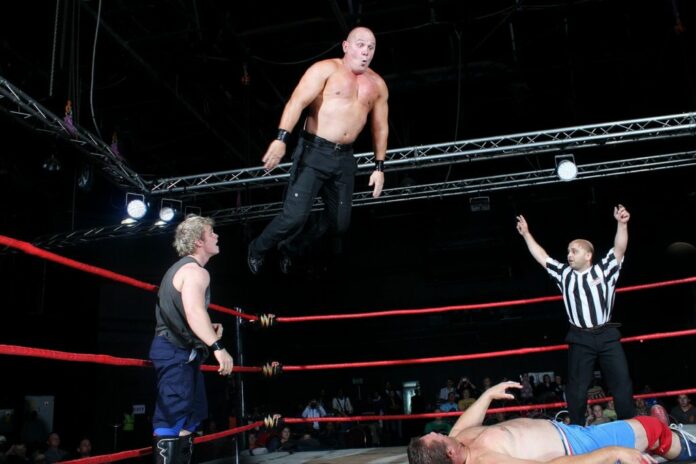
Wrestling and betting—two forms of entertainment that have long thrived in parallel. But in New York, the evolution of sports betting and pro wrestling hasn’t just run side by side; they’ve intersected in ways that few anticipated. Certain wrestling spectacles didn’t merely entertain fans—they altered betting behaviors, spurred regulatory adjustments, and shifted how sportsbooks approach combat sports altogether. Here are five pivotal events that didn’t just shake the ring—they reshaped the very framework of betting in New York.
Wrestling’s Place in a Thriving Betting Market
The intersection of wrestling and betting has evolved significantly over the years. Major wrestling events have not only captivated audiences but also influenced various sectors, including media, fashion, and politics. In recent times, their impact has become increasingly evident in the realm of sports betting, particularly in New York.
Since the legalization of online sports betting in New York in January 2022, the state has rapidly emerged as one of the most dynamic markets in the U.S. This growth is propelled by user-friendly platforms, a wide array of betting options, and attractive promotional offers. Leading sportsbooks provide enticing welcome bonuses, enhancing the appeal for new users. Ongoing promotions, such as odds boosts and parlay insurance, further enrich the betting experience, making New York sports betting not only accessible but also highly rewarding for both novices and seasoned bettors.
This environment of expanded access and structured incentives has transformed how fans engage with live sports. It mirrors wrestling’s own evolution—from scripted spectacle to an interactive experience that encourages prediction and analysis. This journey began decades ago, with events like WrestleMania I sparking informal wagers and highlighting wrestling’s natural alignment with betting conversations.
-
WrestleMania I (1985): Where It All Began
Before the Supreme Court overturned PASPA, before FanDuel and DraftKings took up residence on Times Square billboards, there was WrestleMania I.
Held at Madison Square Garden on March 31, 1985, the inaugural WrestleMania was more than a bold experiment—it was Vince McMahon’s gamble on pro wrestling as mainstream pay-per-view theatre. With appearances from Mr. T, Muhammad Ali, and Cyndi Lauper, the event blurred the lines between athletic contest and entertainment spectacle.
While legal betting on wrestling wasn’t part of the equation at the time, this event planted seeds. Informal wagers among fans were rampant—who would win, who would interfere, would there be blood? Those conversations eventually became data points in today’s odds tables. WrestleMania I introduced the idea that wrestling could be forecasted—and wagered on—with surprising nuance. It wasn’t yet regulated, but the instinct to bet was undeniably present.
-
SummerSlam 1992 (Replay & Retroactive Odds in NY Pools)
Though this event took place in London, its aftershocks were felt strongly in New York’s betting culture. Bret Hart vs. British Bulldog at Wembley Stadium became an instant classic—one of those matches that aged like wine. Its emotional pacing, storyline integrity, and genuine technical skill made it a fixture in retro betting pools years later.
In fact, by the time online wrestling communities in New York grew around platforms like MyBookie and Bovada (prior to legalization in 2019), sites began offering “retro odds” for past wrestling matches, allowing users to place predictive bets on outcomes of vintage cards before watching them on tape delay. SummerSlam ‘92 was a frequent anchor for these pools.
It might sound odd now, but this event contributed to an important betting phenomenon: simulated prediction. The concept that bettors could stake money on “timeless matches” helped establish wrestling as not just a live sport but a perennial entertainment property worthy of both real-time and speculative wagers.
-
The Undertaker’s Streak Ends – WrestleMania XXX (2014)
Sometimes, it’s a single moment—one pinfall—that detonates the betting floor. When Brock Lesnar defeated The Undertaker at WrestleMania XXX, he didn’t just snap a streak—he blew a hole in sportsbook algorithms. The Deadman’s 21-0 record had become an institution. Bettors across New York, even those who rarely ventured into the world of scripted sports, were all-in on him going 22-0.
The odds on Lesnar winning were so absurd that several sportsbooks pulled the match from their boards entirely. For those who left it up, payouts were seismic. Anecdotal evidence (and Reddit receipts) suggests that several New York-based fans won four- and five-figure payouts on tiny bets.
The fallout? Betting markets began to implement stricter caps and verification procedures for professional wrestling. It marked the moment when oddsmakers acknowledged: wrestling isn’t just entertainment—it’s a calculated industry with real implications for risk modeling.
-
The AEW Revolution: Double or Nothing (2019)
While WWE had long been the standard-bearer, the emergence of All Elite Wrestling (AEW) brought volatility and opportunity to wrestling betting markets in New York.
AEW’s inaugural pay-per-view, Double or Nothing (May 25, 2019), wasn’t just a launchpad for a new brand—it marked a sea change in fan perception. Because AEW was still forming its identity, betting on its early matches felt like walking through fog. Would they go with the indie favourite? Push a surprise heel turn? Or shock with a no-decision?
New York sportsbooks that had recently gone legal (thanks to the 2019 passage of mobile betting frameworks) saw massive engagement around AEW’s early cards, especially from fantasy sports crossovers. Interestingly, the unpredictability of AEW helped normalize “yes/no” prop bets in wrestling, a type of binary wagering now common on sportsbook apps.
Here’s how AEW impacted betting formats:
- Introduced More Risk-Based Props: Will a run-in occur? Will blood be shown? These were no longer gimmicks.
- Shifted Market Focus to Storylines: AEW’s intricate booking patterns demanded storyline literacy from bettors.
Double or Nothing taught sportsbooks to respect the power of a new narrative—and that in wrestling, volatility is a feature, not a bug.
-
WrestleMania 38 (2022): Betting Goes Mainstream
New York’s official mobile betting launch in January 2022 set the stage for a WrestleMania betting bonanza that spring. WrestleMania 38 became a test case for how well sportsbooks could adapt scripted content into a betting-friendly framework. Books like DraftKings offered odds on everything from match winners to prop bets—how many finishers would be used, whether Vince McMahon would appear, even if Stone Cold would deliver a stunner. And bettors came in droves.
Importantly, WrestleMania 38 marked the first time that WWE matches were integrated into parlay options with other sports. A fan could combine Bianca Belair winning with a Yankees victory and a UFC fight-night outcome—cross-sport synergy that cemented wrestling as a mainstream player.
Betting regulators took note. While some questioned the ethics of wagering on scripted events, sportsbooks implemented mechanisms like maximum stake limits, time-locked wagers, and storyline analysis to maintain fairness. By the end of 2022, wrestling had gone from curiosity to a staple. Not every match was bettable, but the landscape had changed. Wrestling was no longer an outsider. It had a seat at the table.
Wrestling and Wagering—Now Entwined
From the roaring halls of Madison Square Garden in 1985 to the mobile betting apps lighting up Brooklyn screens in 2022, wrestling’s role in shaping New York’s betting culture has been profound. Each of these five events—WrestleMania I, SummerSlam ‘92, The Streak’s End, AEW’s breakout, and WrestleMania 38—offered more than entertainment. They shifted perception, rewrote policy, and forced the betting industry to think differently.
Today, wrestling bets in New York are more sophisticated, more regulated, and more widely embraced than ever. Prop markets evolve by the hour, odds reflect storyline intricacies, and bettors have become part-time bookers in their own right. The line between kayfabe and finance has never been thinner. And in the Empire State, that means wrestling isn’t just watched. It’s wagered on—with purpose, passion, and just enough uncertainty to keep the odds interesting.


